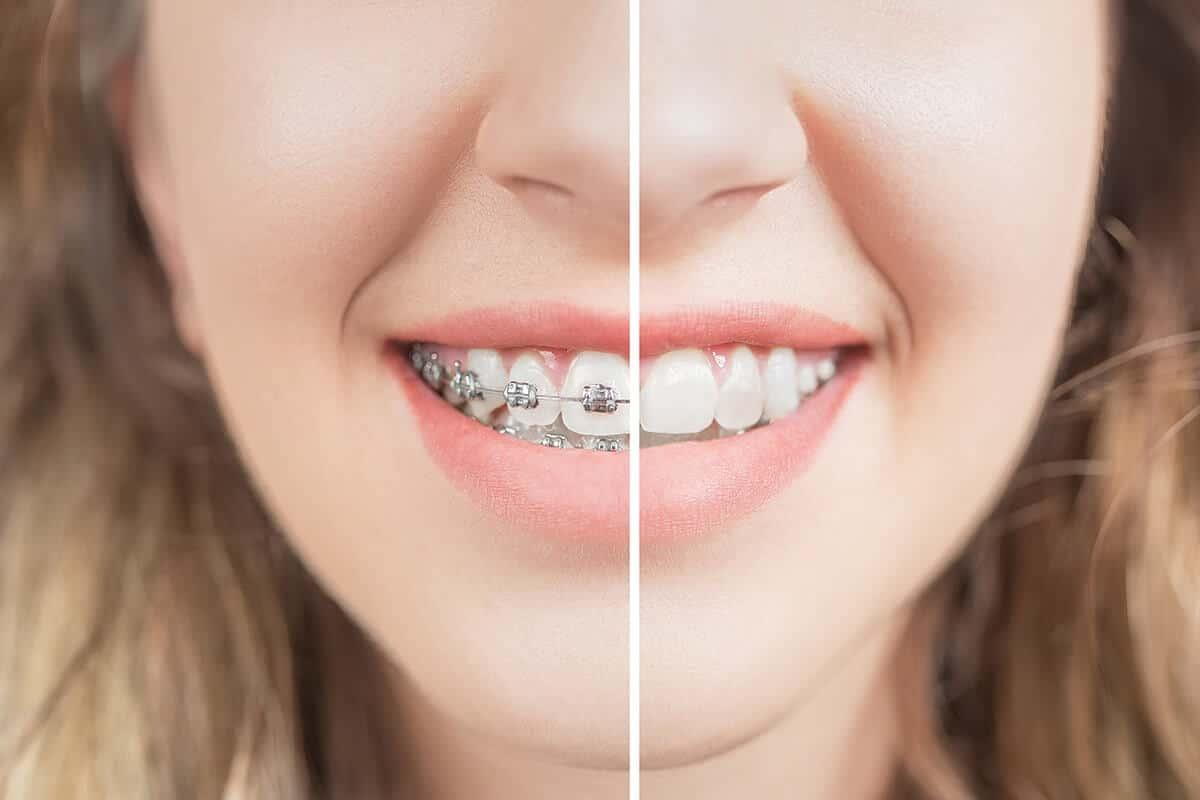
One of the most frequently asked questions new chiropractic patients ask is “will I feel better right away?” The answer is solely based on the individual, length you had problem and the nature of their spinal issues. Many patients report feeling better right after an adjustment. Many more report feeling relaxed and flexible or “loose” after an adjustment. Sometimes people do not feel any different after their first appointment, which is completely normal. This does not mean the adjustment did not work or that nothing has changed. The normal nerve flow and neurons in the brain are newly restored/connected in your body and it can sometimes take a few days or weeks before you notice a difference or relief in the beginning of treatment.
The time it takes to get your body back to normal or moving and function pain free depends on several factors. The inflammation, pain and muscle spasms will not be resolved in just one adjustment, but with a consistent treatment plan set for your needs will help get your spine back into proper alignment. For example, when someone with crooked teeth, gets braces/Invisalign that requires many months, sometimes even a couple of years for the final outcome of perfectly straight teeth. As the braces straighten the teeth this causes soreness to the mouth/jaw just as an adjustment could do to the back or neck as well. Your dentist makes small minor corrections to change your teeth over time. This follows for chiropractic care as it does take time and regular care to keep and hold the body in a proper aligned position.
Another important factor is how long did you live with the problem or pain before your started treatment? If you wanted months or even years before you had you injury or pain examined, don’t expect it to go away when you’ve lived with it that long. This is very similar to hitting a pot hole and then continuing to driving your car for thousands of miles without getting a wheel alignment. This wears the tread unevenly and changes how your car will drive in the future. Remember, you can get a new tire when you wear one out, but you can't replace your spine. Also your body will compensate and heal in an abnormal position if you choose not to do anything about it. So next time, don’t wait more than a few 2 weeks as research shows permanent scar tissue and adhesions form within several weeks of an injury.
Another common question asked is “Will there be any pain or discomfort after my adjustment?”. This answer is based on the individual. Our bodies can become used to being out of alignment and when put back into alignment or “adjusted” for the first time there could be some soreness/achy pain in your joints. Once a correction or adjustment has been made to your spine, you’re changing what muscles are active and which aren’t. For example, think of the spinal correction in comparison to exercising. If you do the same few exercises everyday you are only engaging certain muscles, while others are not being used at all. This is the same for your muscles after an adjustment. Sometimes the muscles can go into a bit of a shock and be stiff.
If you've had a misalignment or subluxation for an extended amount of time, there is a chance your body has adapted to the misalignment. Your body could overcompensate or you may not even feel pain while experiencing a misalignment. However, just because you are not feeling pain does not mean that damage is not being caused to your body. So my advice to you is the faster you get checked/examined and adjusted after a fall or injury the quicker your body will heal and recover and respond to a alignment. Thanks for reading. Dr. Joe
